

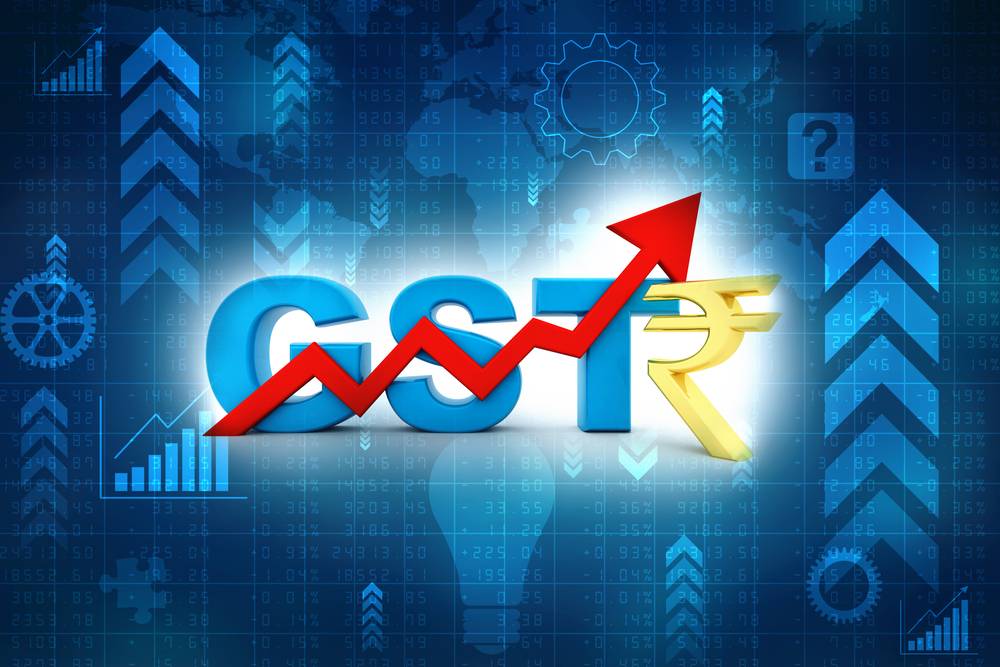
On December 3, 2024, the Goods and Services Tax Council met in Jaisalmer to discuss important pre-budget consultations and health-related matters. Among the key decisions made were the proposal to increase GST on cigarettes, tobacco, and beverages to 35%, and the request for an extension for the GoM to submit its report on GST compensation cess. The Council also planned to discuss potential tax cuts for non-alcoholic beverages based on sugar and the rationalization of GST rates. Additionally, the meeting aimed to address concerns surrounding the GST on health insurance and the potential reduction of insurance levies.
GST Council to Increase Tax on Cigarettes, Tobacco, and Beverages to 35%
The Goods and Services Tax (GST) Council, which is a federal body responsible for setting tax policies in India, met in Jaisalmer on December 3, 2024, to discuss significant pre-budget proposals and health-related matters. One of the most important decisions made by the Council was to propose an increase in the GST rate on cigarettes, tobacco, and beverages to 35%.
Background
The current GST rate on cigarettes and tobacco is 28%, while the rate on beverages is 18%. The proposed increase is part of the government's ongoing efforts to discourage tobacco use and promote healthier lifestyles. In addition, the Council also requested an extension for the Group of Ministers (GoM) to submit its report on GST compensation cess.
Other Discussions
In addition to the proposed GST rate increase, the Council also discussed potential tax cuts for non-alcoholic beverages based on sugar content. The Council also considered the rationalization of GST rates, with a focus on simplifying the tax structure and reducing the number of tax slabs.
Concerns Raised
During the meeting, concerns were raised about the GST on health insurance and the potential reduction of insurance levies. The Council acknowledged these concerns and agreed to further deliberate on these issues.
Top 5 FAQs
1. Why is the GST Council proposing an increase in tax on cigarettes, tobacco, and beverages?
The proposed increase is part of the government's efforts to discourage tobacco use and promote healthier lifestyles.
2. What is the current GST rate on cigarettes, tobacco, and beverages?
The current GST rate on cigarettes and tobacco is 28%, while the rate on beverages is 18%.
3. What is the proposed GST rate increase on cigarettes, tobacco, and beverages?
The proposed GST rate increase is 35%.
4. What other issues did the GST Council discuss at the meeting?
The Council also discussed potential tax cuts for non-alcoholic beverages based on sugar content, the rationalization of GST rates, and concerns about the GST on health insurance.
5. When will the proposed GST rate increase take effect?
The proposed GST rate increase is subject to approval by the Indian Parliament and is expected to take effect in the upcoming budget session.
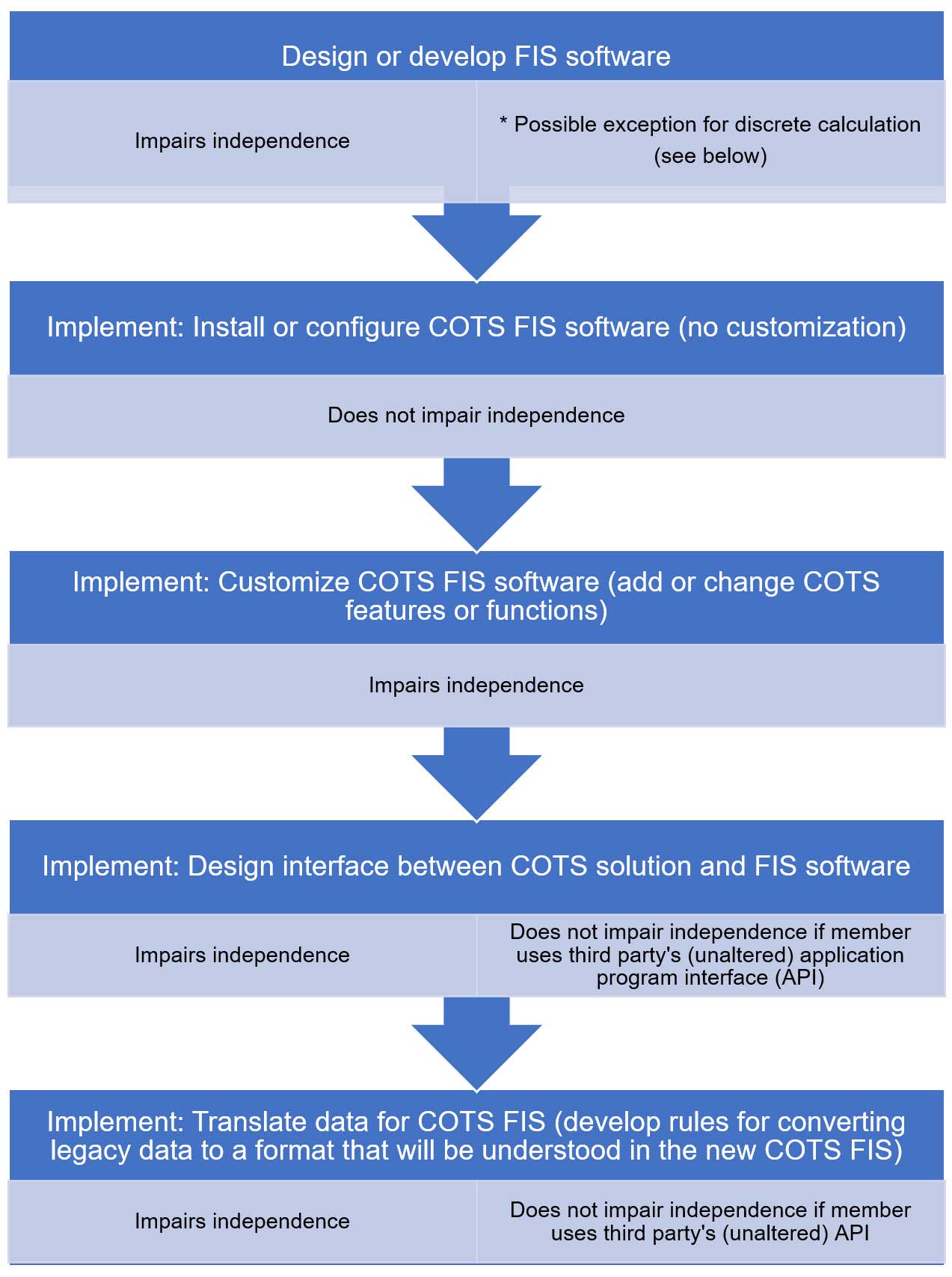
The AICPA Professional Ethics Executive Committee (PEEC) has released a discussion memorandum featuring preliminary conclusions about potential revisions to independence rules related to alternative practice structures. The memorandum aims to address the increasing prevalence of private-equity investment in accounting firms and stimulate feedback from the public. PEEC plans to use this feedback to create an exposure draft that includes a new interpretation of the independence rules, with a focus on issues surrounding auditor independence and private-equity-related entities. This initiative reflects the PEEC's commitment to protecting the public interest and ensuring the integrity of the attest function in the face of evolving industry practices.

Harshil Agrotech, a leading company in the agricultural industry, recently held a board meeting to discuss investment strategies and provide expert advice to customers. By signing up and agreeing to receive communication through Whatsapp, investors can now receive better recommendations and make more informed and successful investments. Additionally, IIFL has a dedicated customer care number for various investment services such as gold, NCD, NBFC, insurance, and NPS, making it easier for customers to get in touch with their team for any queries or concerns.

Patanjali Ayurveda Ltd. is all set to launch Asia's biggest orange processing plant in Nagpur, which aims to boost the local agricultural industry and provide employment opportunities for nearby villages. The inauguration, to be attended by Nitin Gadkari and Devendra Fadnavis, will be a step towards a zero-waste system and expanding the scope to other fruits like lime, amla, and pomegranate. This project showcases Patanjali's commitment to delivering high-quality products and tapping into both local and export markets.
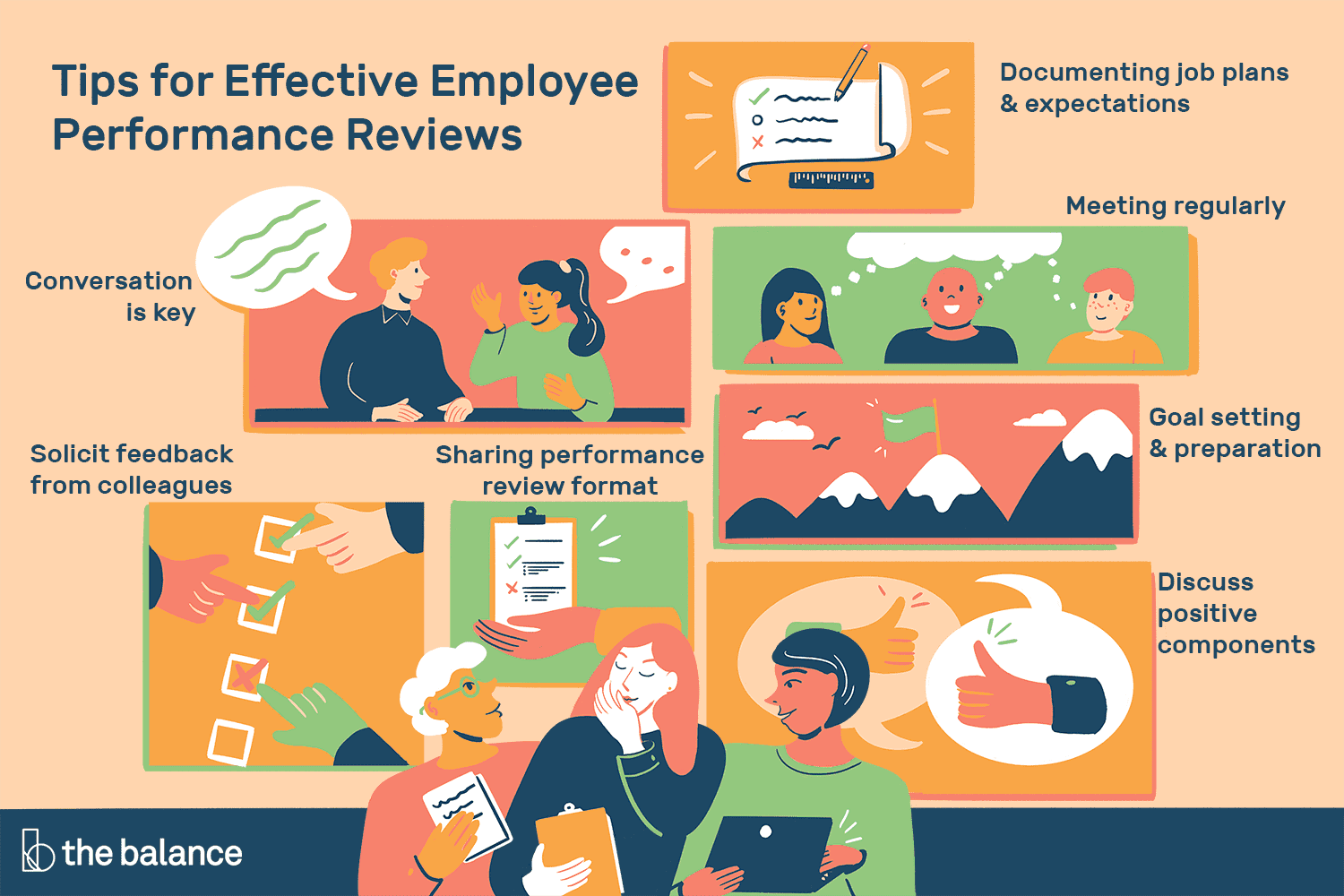
Kelvin Kao, a business owner, discusses the need for a re-evaluation of traditional once-a-year appraisals and suggests alternative methods for providing feedback in the workplace. Companies are increasingly moving away from the annual review and instead opting for real-time feedback through tools like Slack or casual conversations. While this change may bring relief to some, others may question the value and effectiveness of the traditional review process. Still, the question remains - is the annual review truly obsolete or is it simply evolving?

Air India addresses allegations that an elderly passenger was injured due to the airline's failure to provide a pre-booked wheelchair at Delhi Airport. The airline maintains that the wheelchair was provided and used, but the passenger may have suffered injuries due to other factors. Air India emphasizes its commitment to providing quality service to all passengers, including those with special needs.
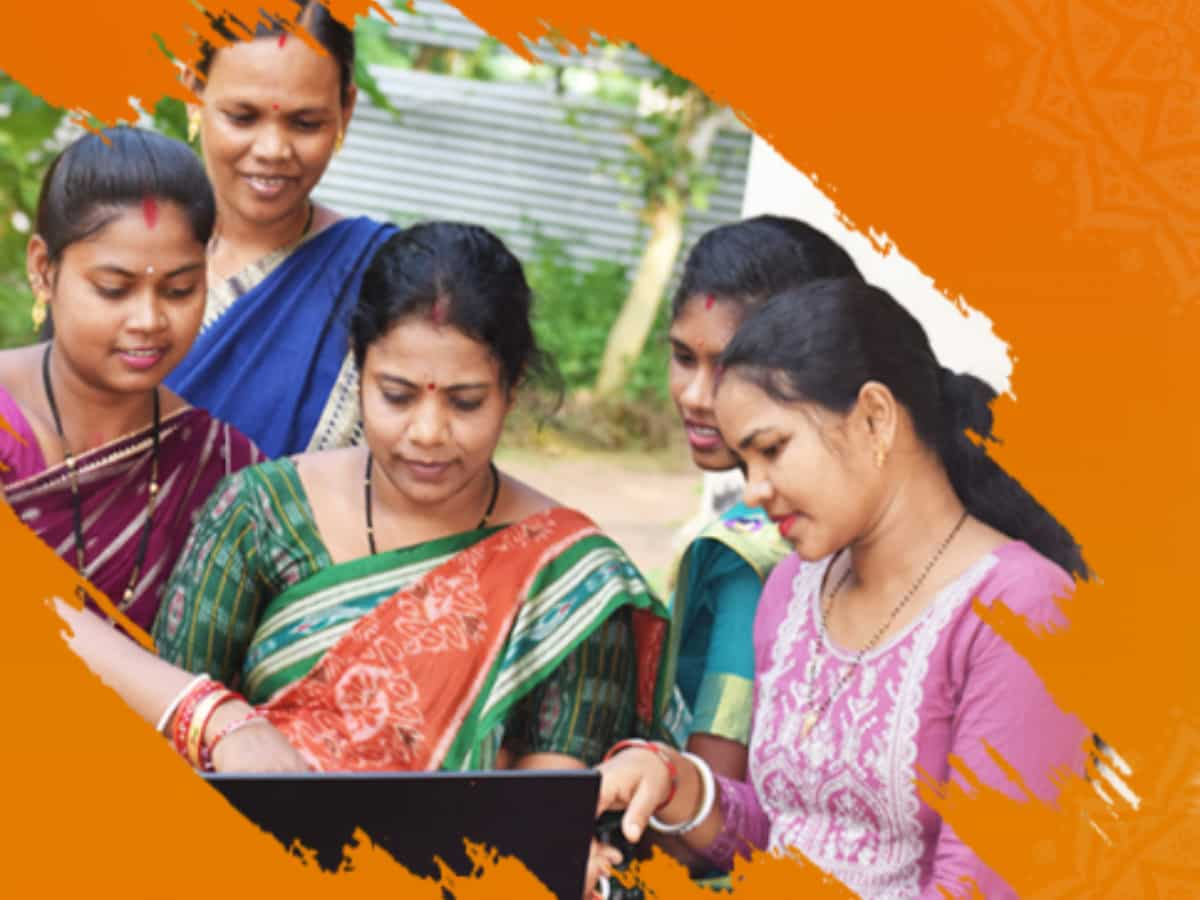
On the occasion of International Women's Day, Odisha Chief Minister Mohan Charan Majhi announced that over Rs 5,000 crore have been disbursed to 1.18 crore women beneficiaries under the state's flagship Subhadra Yojana. This is the second instalment of the scheme which aims to financially support women between the ages of 21 to 60 over a period of five years. In the past seven months, 1.18 crore women have already received the first instalment of Rs 5,000 each in five different phases. With this initiative, the government hopes to make women in the state more self-reliant.
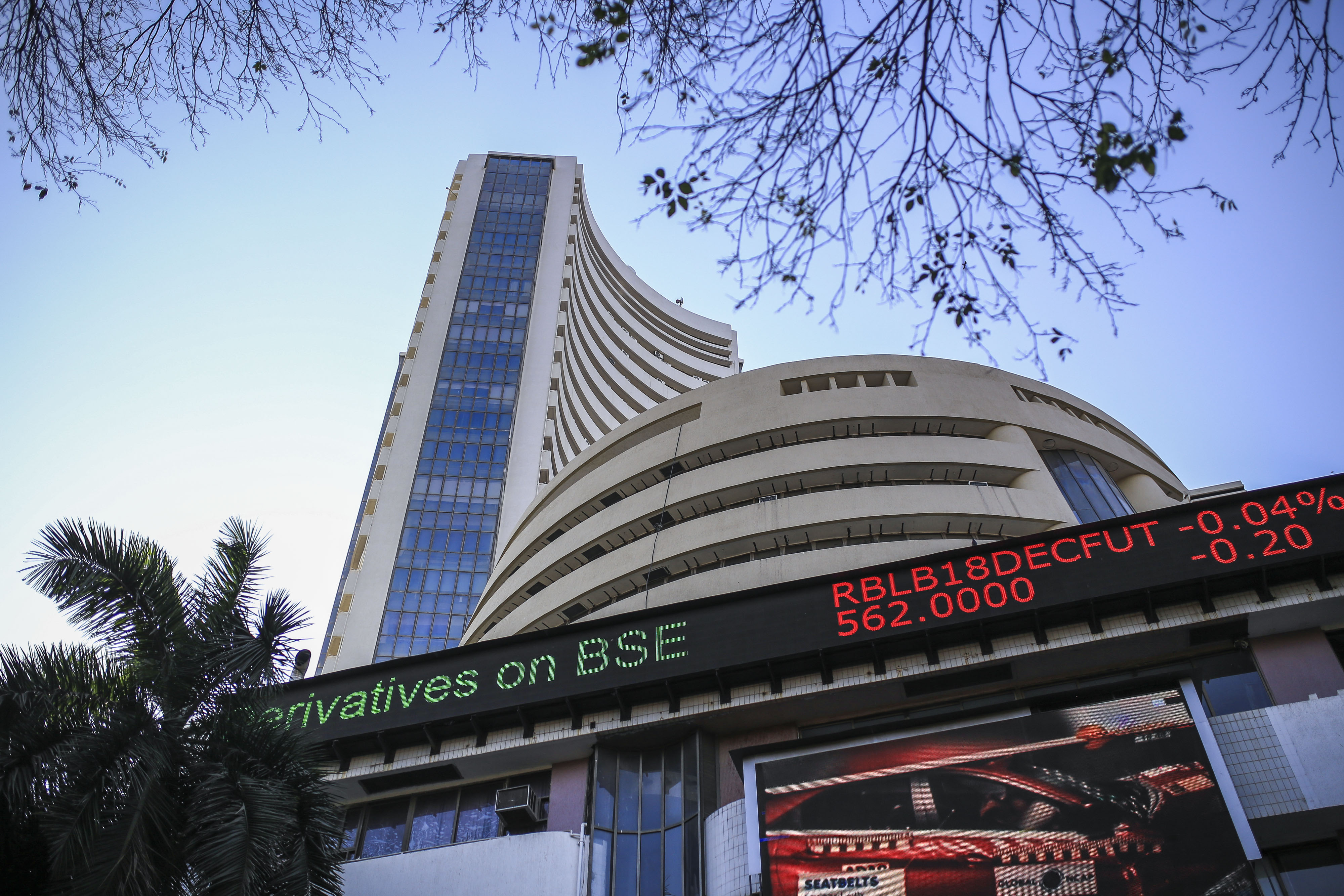
The Managing Director and CEO of BSE has stated that they will take feedback from market participants before making any changes to the derivatives expiry day. This comes after the National Stock Exchange's recent decision to shift the expiry day to Monday. BSE's focus is on providing what the market wants and creating a well-regulated and investor-friendly marketplace, rather than just increasing volumes. They also aim to make Indian markets more attractive to both domestic and global investors in the next two years.

Jammu and Kashmir's Chief Minister Omar Abdullah announced the introduction of a new hydropower policy during his budget presentation in the legislative assembly. The policy aims to harness the Union Territory's vast hydro potential of 20,000 MW, attract private investment, and drive sustainable energy growth. Abdullah also highlighted the government's efforts to expand the consumer base and improve metering, billing, and collection to strengthen the power sector. These initiatives, along with the development of new projects, will help J&K achieve self-sufficiency in energy and become a power exporter by 2027-28.
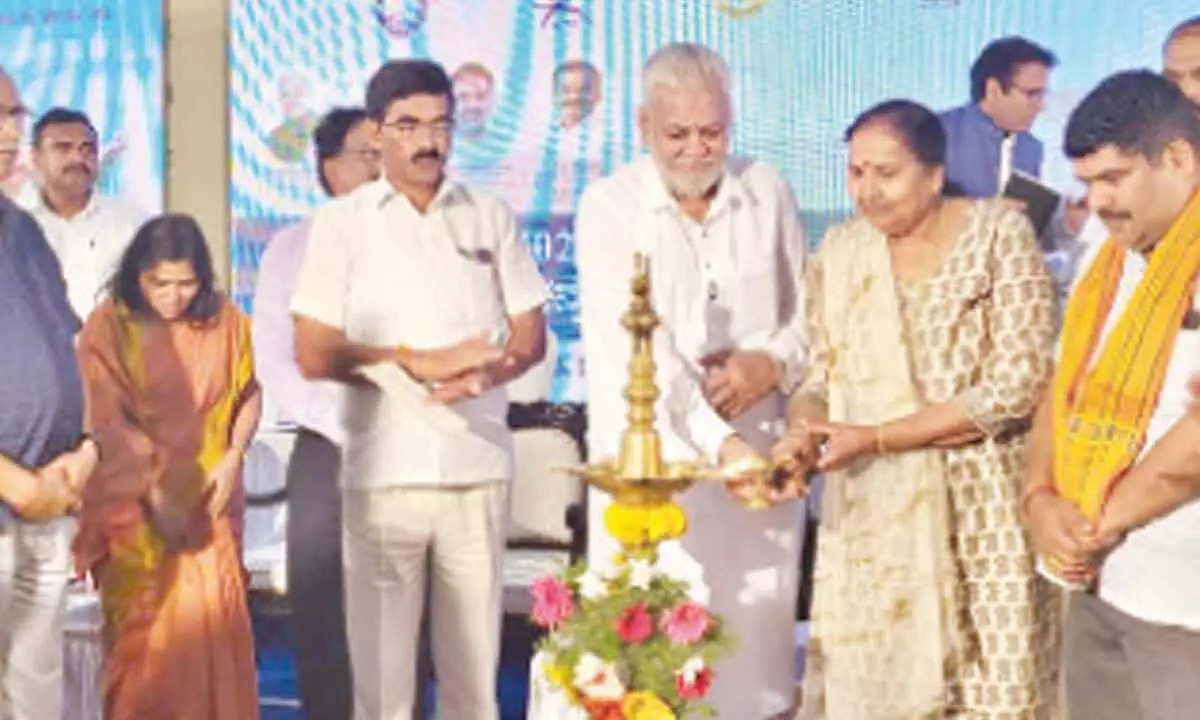
The Karnataka government's record 16th budget announcement includes a new fisheries policy to support the economic development of fisherfolk in the state. The government plans to promote deep-sea fishing by relaxing limits and doubling the number of fisheries colleges in Mangaluru. Select fish vendors from Scheduled Castes and Scheduled Tribes will also receive financial assistance for purchasing four-wheeler vehicles, while fishermen with old boats will receive aid for engine replacements. In addition, a hi-tech fish exhibition centre will be established in Mysuru and a multi-level parking facility at Malpe fishing harbour will be developed to ease vehicular congestion. The budget also includes an allocation for the development of fisheries-related roads with NABARD's support.
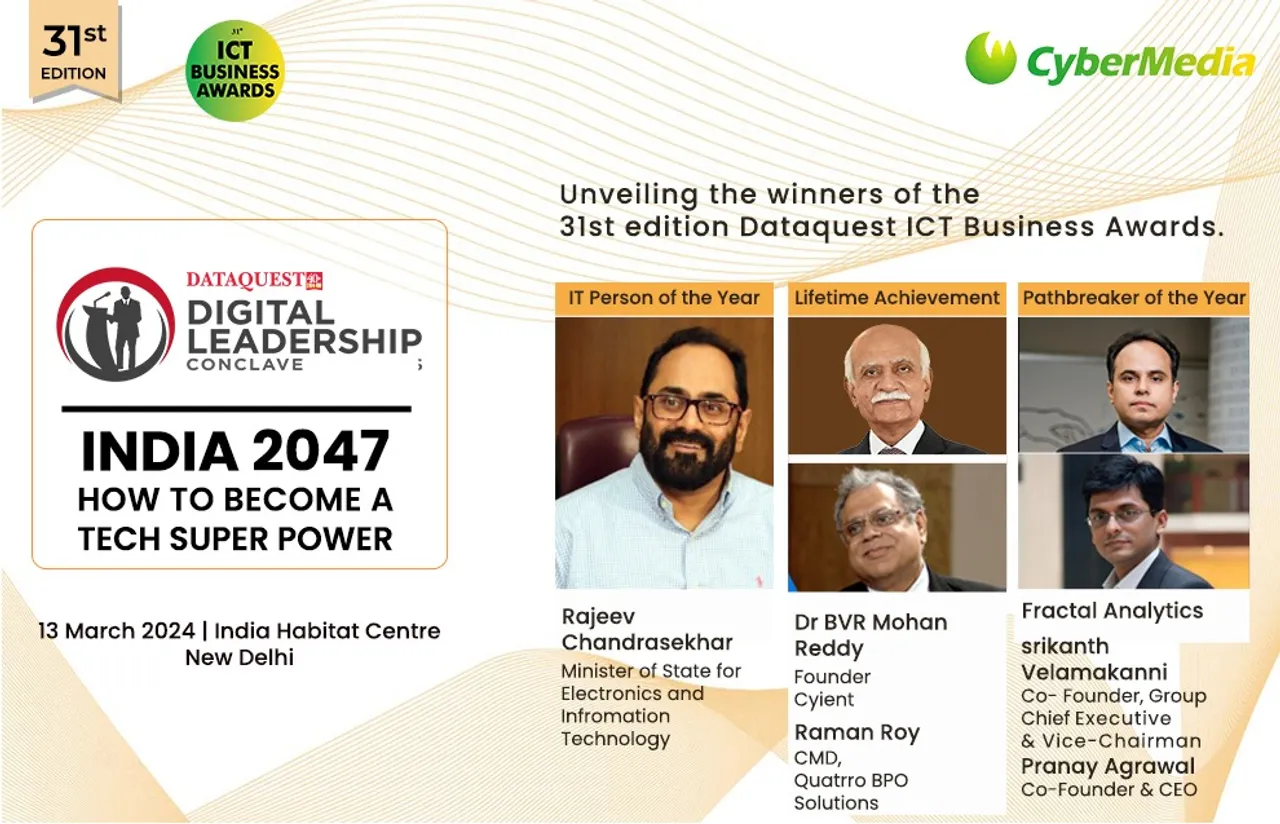
Dataquest, in partnership with Cybermedia, presented the prestigious Digital Leaders Awards at the DQ Leadership Conclave to honor outstanding individuals who have made significant contributions to India's digital transformation. Among the distinguished award winners were Ashwini Vaishnaw, Minister of Railways and IT, who was named IT Person of the Year for his remarkable accomplishments. The event also recognized Prof. S. Sadagopan and Dr. Sridhar Mitta with Lifetime Achievement Awards for their pioneering efforts in shaping India's technology landscape, and Agnishwar Jayaprakash, Founder & CEO of Garuda Aerospace, as the Pathbreaker of the Year for his groundbreaking innovations in the aerospace and drone technology sector.